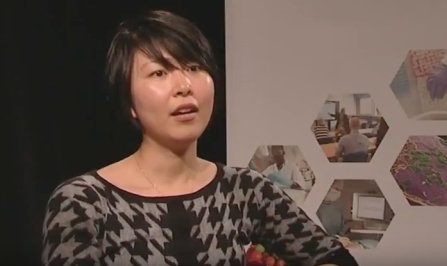
Congratulations to Dr Jia Li who was recognised in the latest round of academic promotions and promoted to Reader in Biological Chemistry. We met with her to find out more about her background, research, and wider thoughts on the health sector.
Introduce yourself – who are you and what do you do?
I am Jia Li, a scientist, teacher, and mum.
What first inspired your interest in Biological Chemistry?
I was very interested in Chemistry and very much enjoyed doing experiments during my undergraduate. In my PhD studies, I had opportunity to work on a multidisciplinary project involving analytical chemistry, biochemistry, microbiology and parasitology and it further developed my interest in Biological Chemistry.
What is the most interesting piece of research/project/study you are currently working on?
My research team is investigating how weight loss surgery affects patients’ surgical outcome and metabolism. After Roux-en-Y gastric bypass (RYGB), a type of weight loss surgery, we observed a significant shift in patients’ gut microbiota, which resulted in increases in bacterial metabolites in patients’ biological fluids. We are also studying how these bacterial metabolites, as well as diet, influence our gut health, especially risk of developing colorectal cancer.
What has been the proudest achievement of your career so far?
The microbiome research field is rapidly advancing and we more and more appreciate that the host-microbial biochemical interactions are crucial for our health and disease. However, there was no such module in undergraduate and postgraduate courses to allow students to learn more about it. One of the achievements I feel particularly proud of is to set up the first module/stream in this kind at both levels, allowing the students to have access to the most advanced research.
What do you consider to be the key challenges in healthcare and medicine that we need to overcome in the next 20 years?
Medicine and healthcare are moving towards precision. Key challenges in achieving precision medicine are to fully understand how our body work, including our gut microbiota, and what factors can modulate an individual’s disease risks using cutting-edge technologies that allow us to explore what we could not before.